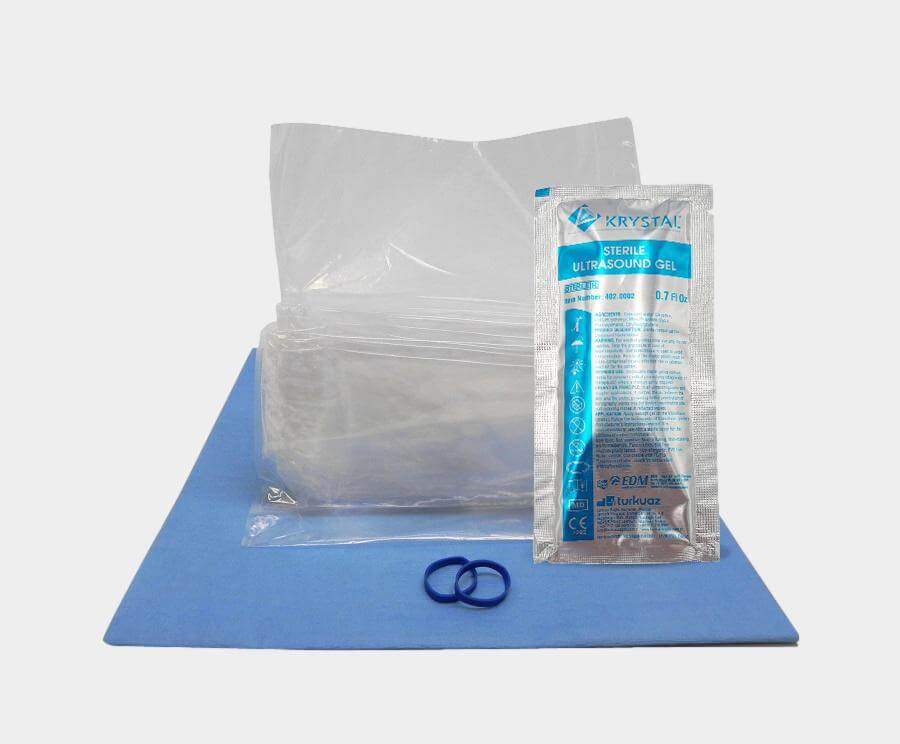As the ASC sector continues to evolve, administrators face a myriad of challenges, including cost pressures and drug shortages. In this article, we will delve into the latest developments in these areas and explore the impact they have on ASCs.
Drug Shortages: A Growing Concern
One of the pressing issues faced by ASC administrators is the ongoing problem of drug shortages. According to a recent survey conducted by the American Society of Health-System Pharmacists (ASHP) in 2023, over 99% of respondents reported experiencing drug shortages. Additionally, the survey revealed that approximately 60% of respondents reported shortages involving critical chemotherapy drugs, leading to the rationing of care and impacting patient treatment plans.
The pandemic-induced surge in demand, coupled with supply chain disruptions, has exacerbated the issue, impacting industries worldwide. Notably, the reliance on China and India for approximately 80% of active pharmaceutical ingredients imported to the United States underscores vulnerabilities in the global pharmaceutical supply chain, leading to delays in production and distribution processes crucial for maintaining adequate medication supplies.
Impact on ASCs
The consequences of drug shortages are far-reaching, with critical implications for ASCs and the patients they serve. These shortages can lead to delayed or canceled medical procedures, compromised treatment regimens, and increased operational complexities. Specifically, the scarcity of essential medications such as antibiotics, anesthetics, and chemotherapy drugs can severely disrupt the delivery of care, posing a direct threat to patient outcomes.Beyond patient care, drug shortages also exert financial pressures on ASCs. The need to identify and secure alternative medications, manage inventory fluctuations, and potentially source from more expensive suppliers can strain operational budgets. Furthermore, the requirement for additional staff time to navigate shortages and communicate with patients about potential treatment adjustments adds an extra layer of resource allocation for ASCs.
Strategies for Dealing with Drug Shortages
Collaborate with Pharmacy Services: Close collaboration between administrators and pharmacy services is essential for effectively managing drug shortages. By working together, administrators can gain insights into inventory management, identify potential shortages in advance, and explore alternative treatment options.
Stay Informed: Administrators should stay updated on the latest information regarding drug shortages. This includes monitoring industry news, participating in professional networks, and engaging with relevant organizations. By staying informed, administrators can proactively address potential shortages and take necessary steps to ensure continuity of care.
Develop Contingency Plans: ASCs should have well-defined contingency plans in place to address drug shortages. These plans should outline alternative treatment options, communication strategies with patients and staff, and steps to secure additional supplies if needed. Regularly reviewing and updating these plans is essential to ensure preparedness.
Cost Pressures: A Balancing Act
According to data from VMG Health's Multi-Specialty ASC Benchmarking study, ASCs allocate a substantial 26.3% of their operating budget to drugs and medical supplies, with an average cost of $634 per procedure.
This substantial expenditure underscores the financial strain ASCs face in sourcing essential medical consumables. However, the dilemma intensifies as suppliers increasingly require larger orders to negotiate better pricing, posing challenges for smaller ASCs that may struggle to meet bulk purchase requirements.
While bulk buying is a common strategy to mitigate costs, it introduces complexities such as managing larger inventories, which can incur additional expenses for ASCs.
Managing Cost Pressures
Implement Cost-Effective Practices: Administrators should encourage staff to adopt cost-effective practices without compromising patient care. This can include optimizing inventory management, reducing waste, and implementing evidence-based protocols that promote efficient resource utilization.

Leverage Group Purchasing Organizations (GPOs): GPOs can provide ASCs with access to discounted pricing and a wide range of products. Administrators should explore partnerships with GPOs to leverage their purchasing power and negotiate favorable terms with vendors.
Monitor and Analyze Costs: Regularly monitoring and analyzing costs is essential for identifying areas of potential savings. Administrators should implement robust financial tracking systems and analyze data to identify cost trends, benchmark against industry standards, and make informed decisions.
By adopting these strategies, ASC administrators can effectively navigate cost pressures and drug shortages, ensuring the continuity of care and financial sustainability of their practices. Maintaining open lines of communication with vendors and suppliers, along with proactive planning and collaboration, is key to successfully managing these challenges.










